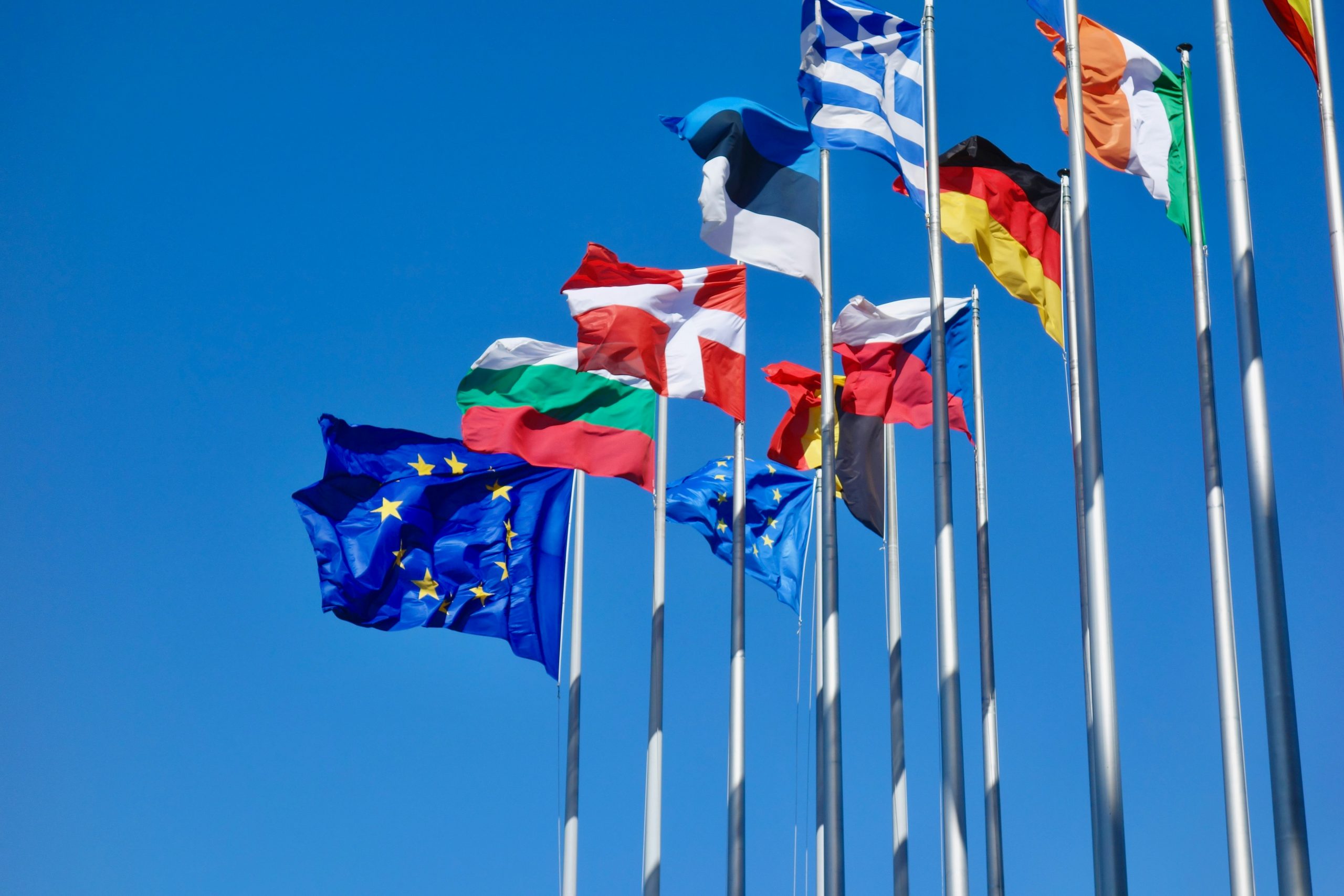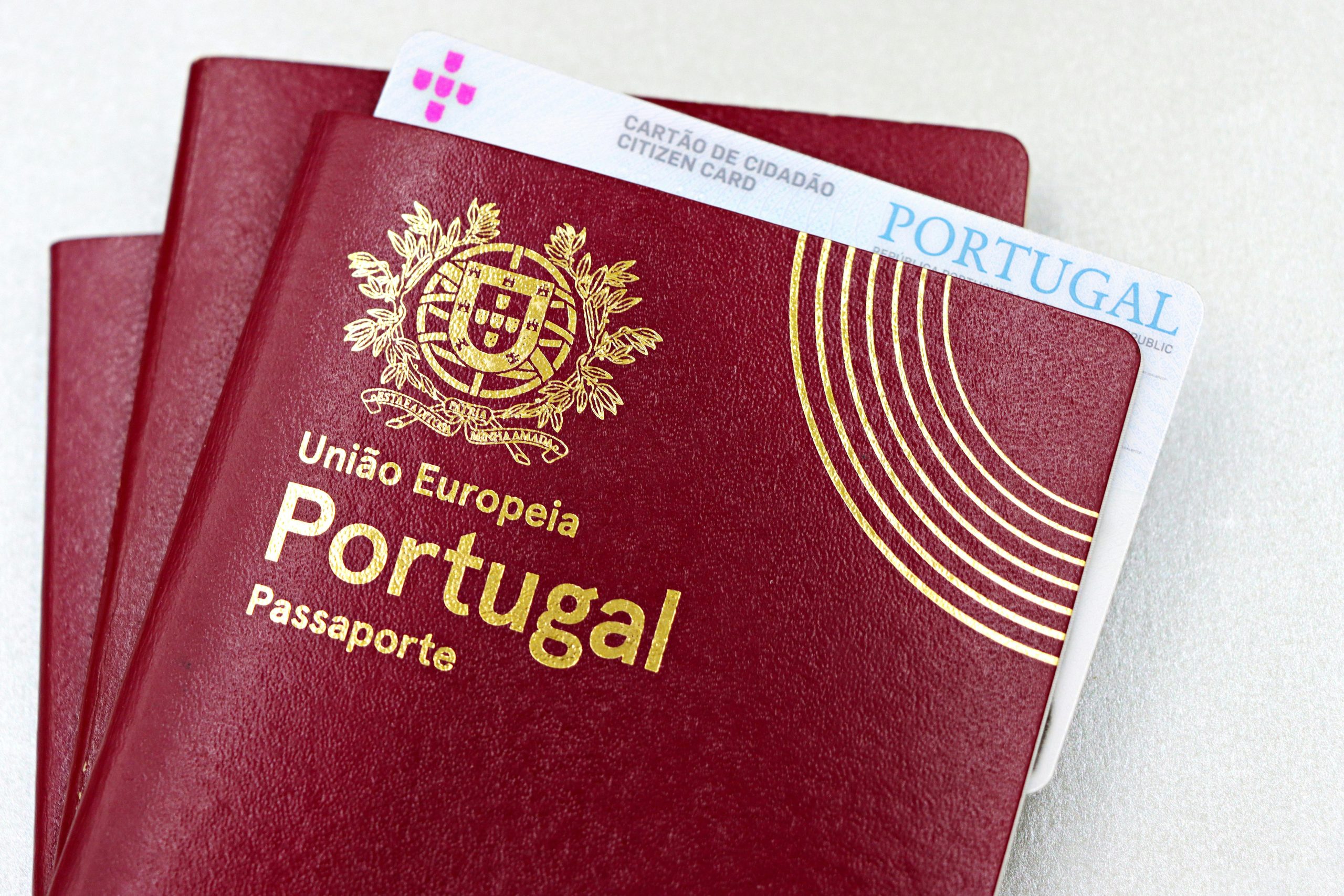On 28 October 2025, Portugal’s Parliament approved amendments to the Nationality Law, introducing longer residence periods and new cultural and civic requirements for citizenship eligibility. The proposal, now under presidential review, aims to clarify how time in Portugal is counted and to update the criteria for naturalisation.
These adjustments do not change the strength or accessibility of Portugal’s residency framework. For Golden Visa investors, the fundamentals remain consistent: a transparent program, regulated fund options, and a stable path to Permanent Residency within one of Europe’s most reliable jurisdictions.
NOTE: The points below reflect the proposal approved by Parliament based on the information currently available. The final text has not yet been published, and some wording or provisions may differ in the official version. Once the definitive text is released, Portugal Panorama will provide an updated summary reflecting any confirmed changes.
Amendments affecting foreign residents
- Children born in Portugal: At least one parent must have held legal residence for three years before the child’s birth, with a formal declaration requesting Portuguese nationality.
- Grandchildren of Portuguese citizens: Applicants must now show Portuguese language skills and basic familiarity with national culture.
- Citizenship by marriage or partnership: Remains possible, with uniform standards for a clean criminal record and no threat to public order.
- Financial capacity: Applicants must demonstrate financial independence.
- End of the Sephardic route: The naturalisation process for descendants of Sephardic Jews will close upon publication of the law.
Points relevant to Golden Visa investors
- Residence period: The minimum period for naturalisation increases from five to ten years for most applicants and to seven years for EU and CPLP nationals. This affects timing only — eligibility remains intact.
- Cultural and civic knowledge: Applicants will need to show understanding of Portuguese history, culture, and civic values alongside the existing A2 language level.
- Criminal and sanctions criteria: Stricter rules apply to serious convictions and UN-sanctions listings. These do not affect Golden Visa renewals.
- Counting residence: The qualifying period begins from the date of issuance of the first residence card, not the initial application. This may extend timelines slightly but is subject to further review.
- Implementation: Once published, the new law will apply to future applications. Files already submitted continue under the current five-year rule.
Outlook and presidential review
The law now moves to the President of the Republic, who may:
- Ratify it,
- Return it to Parliament for revision, or
- Refer it to the Constitutional Court.
Given the current political discussion, a detailed review is expected before the law takes effect.
Permanent residency: a reliable option
Portugal’s Permanent Residency framework remains unchanged.
After five years from the issuance of the first residence card, Golden Visa holders may apply for permanent residence under the same rules. Once granted, investors can divest their qualifying investment without affecting residency rights.
Permanent residents may be absent from Portugal for up to 24 consecutive months or 30 months within three years, in line with current legal standards. This framework continues to provide long-term security and flexibility for international investors.
Read more on PR requirements and eligibility here.
Closing perspective
As the reform moves through its final stages, investors can remain confident in Portugal’s position as one of Europe’s premier residency destinations. The proposed adjustments may extend timelines, but from a long term legacy perspective for future generations the prospect of European Citizenship remains real and of significant value. For Golden Visa participants, the framework continues to provide a secure foundation for long-term planning. Permanent Residency remains a reliable step for those seeking flexibility, continuity, and enduring European access.





